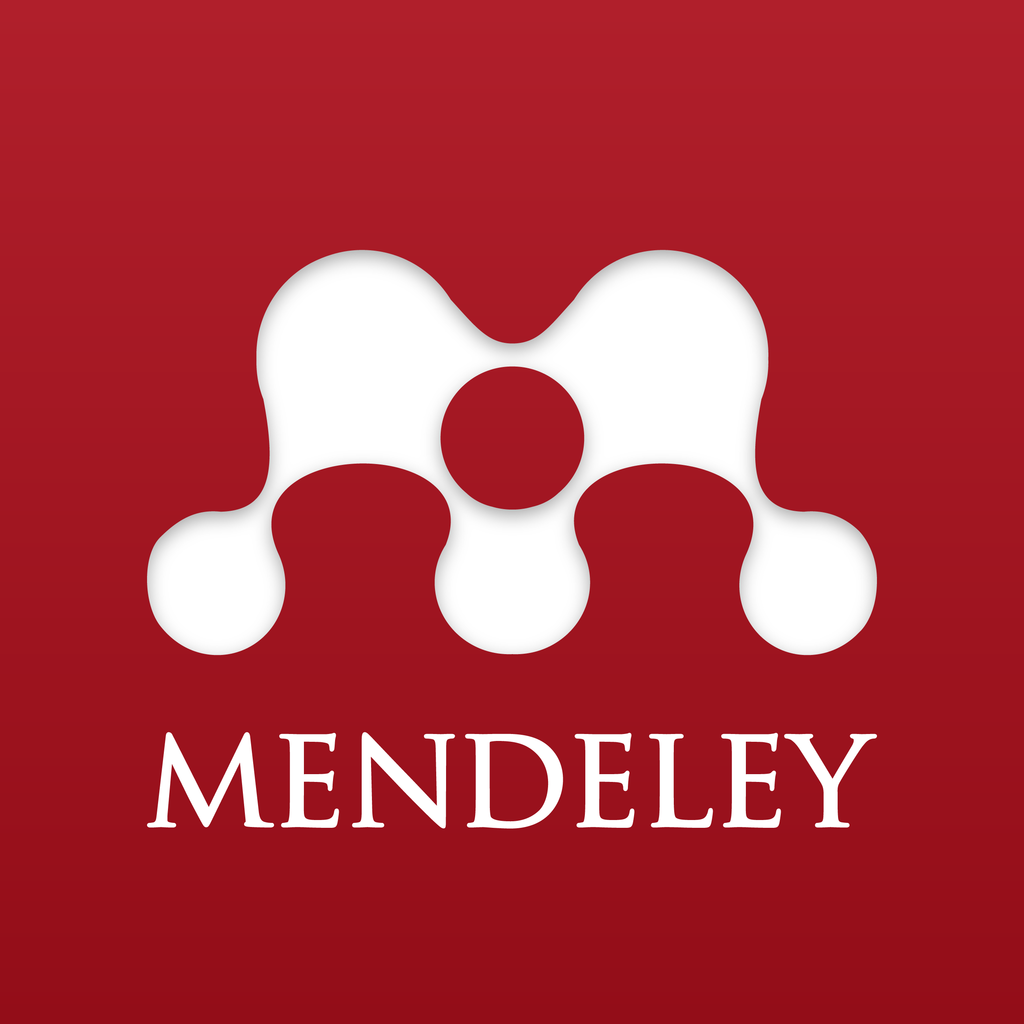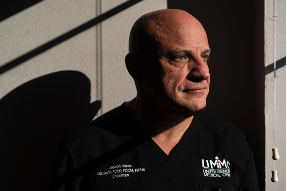Effect of probiotic supplementation on wound healing in postoperative patients
A case report and literature review
Abstract
Background: Delayed wound healing, particularly in chronic wounds, is a significant global public health issue. The World Health Organization (WHO) reports that over 6 million people in the United States experience delayed wound healing annually, resulting in a healthcare cost of $25 billion USD. Probiotics, known for their anti-inflammatory properties, have potential in influencing skin immunity by facilitating the transfer of cytokines and immune cells from Peyer's patches to the skin. Nevertheless, the precise impact of probiotics on postoperative wound healing remains an area with limited research. Objective: Determine the effectiveness of probiotic supplements in wound healing in patients with surgical wounds Method: Literature search is done by advanced searching on Pubmed, Cochrane, Scopus, and EBSCOhost with eligibility criteria determined by the author. Results: There were three articles relevant to clinical questions and eligibility criteria that had been established, consisting of one systematic review article from the randomized controlled trial (RCT) study and two RCT articles. The SR/MA article includes good-quality RCT studies. The SR/MA article showed insignificant results on the effect of probiotic administration on healing. The RCT article showed significant results on the effect of probiotics on surgical wound healing, but the confidence level was low in one of the articles. Conclusion: Probiotic supplementation on wound healing in postoperative patients is not conclusive. This can be affected by the type of probiotic strain, dosage, duration of administration, and location of the surgical wound.Downloads
References
World Health Organization. Global guidelines for the prevention of surgical site infection. 184 p.
Szántó M, Dózsa A, Antal D, Szabó K, Kemény L, Bai P. Targeting the gut-skin axis—Probiotics as new tools for skin disorder management? Exp Dermatol. 2019 Nov 1;28(11):1210–8.
Cristofori F, Dargenio VN, Dargenio C, Miniello VL, Barone M, Francavilla R. Anti-inflammatory, and immunomodulatory effects of probiotics in gut inflammation: a door to the body. Vol. 12, Frontiers in Immunology. Frontiers Media S.A.; 2021.
Reinke JM, Sorg H. Wound repair and regeneration. Vol. 49, European Surgical Research. 2012. p. 35–43.
Wernick B, Nahirniak P, Stawicki SP. Impaired Wound Healing. StatPearls. 2022
Payne WG, Naidu DK, Wheeler CK, Barkoe D, Mentis M, Emerick Salas R, et al. Wound Healing in Patients With Cancer. 2008.
Wilkinson HN, Hardman MJ. Wound healing: cellular mechanisms and pathological outcomes: Cellular Mechanisms of Wound Repair. Vol. 10, Open Biology. Royal Society Publishing; 2020.
Barchitta M, Maugeri A, Favara G, San Lio RM, Evola G, Agodi A, et al. Nutrition and wound healing: An overview focusing on the beneficial effects of curcumin. Vol. 20, International Journal of Molecular Sciences. MDPI AG; 2019.
Togo C, Zidorio AP, Gonçalves V, Botelho P, de Carvalho K, Dutra E. Does probiotic consumption enhance wound healing? A systematic review. Vol. 14, Nutrients. MDPI; 2022.
Wälivaara D, Sjögren I, Gerasimcik N, Yucel-Lindberg T, Twetman S, Abrahamsson P. Effects of Lactobacillus reuteri-containing lozenges on healing after surgical removal of mandibular third molars: A randomized controlled trial. Benef Microbes. 2019;10(6):653–9.
Mohseni S, Bayani M, Bahmani F, Tajabadi-Ebrahimi M, Bayani MA, Jafari P, et al. The beneficial effects of probiotic administration on wound healing and metabolic status in patients with diabetic foot ulcer: A randomized, double-blind, placebo-controlled trial. Diabetes Metab Res Rev. 2018 Mar 1;34(3).
Lemos JRN, Alencastro MG de, Konrath AV, Cargnin M, Manfro RC. Flaxseed oil supplementation decreases C-reactive protein levels in chronic hemodialysis patients. Nutrition Research. 2012;32:921–7.
Submitted
Copyright (c) 2023 Cut Thalya Alissya Rahma, Yohanessa Wulandari

This work is licensed under a Creative Commons Attribution 4.0 International License.
World Nutrition Journal is an open acces journal and under the licence of












